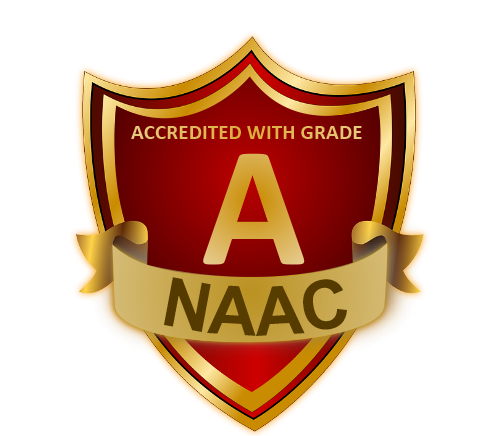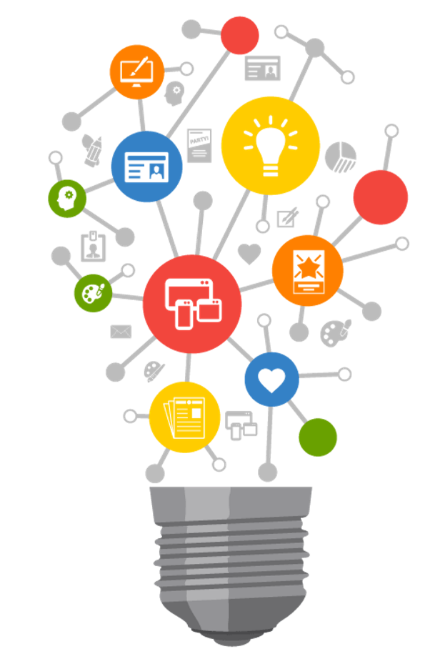 Counselling Code: 2734
Counselling Code: 2734


department of mechanical engineering
PROGRAM EDUCATIONAL objectives
PROGRAM EDUCATIONAL OBJECTIVE 1
Core Acquaintance: Apply /Expand their knowledge in basic science for shining in various disciplines of Mechanical Engineering with the emphasis on design, Thermal, Materials and Manufacturing
PROGRAM EDUCATIONAL OBJECTIVE 2
Engineering Ethos: Enrich expertise to meet the global standards with ethical and social responsibility.
PROGRAM EDUCATIONAL OBJECTIVE 3
Interpretive: Resolve industrial, social and environmental problems with modern engineering tools.
PROGRAM EDUCATIONAL OBJECTIVE 4
Leadership: Develop skills to lead a team, by effectively communicating at both technical and interpersonal skill levels.
PROGRAM EDUCATIONAL OBJECTIVE 5
Lateral Thinking: Think rationally and pursue every day learning contributing to the development of the profession, nation and safety
OUR
PROGRAMME SPECIFIC OUTCOMES
PROGRAM SPECIFIC OUTCOME 1
Programming skills: To interpret component drawings and develop CNC program to machine castings using CNC machines.
PROGRAM SPECIFIC OUTCOME 2
Drawing analysis: An ability to analyze the design and drawings of Auto components to cater the needs of regional industries.
